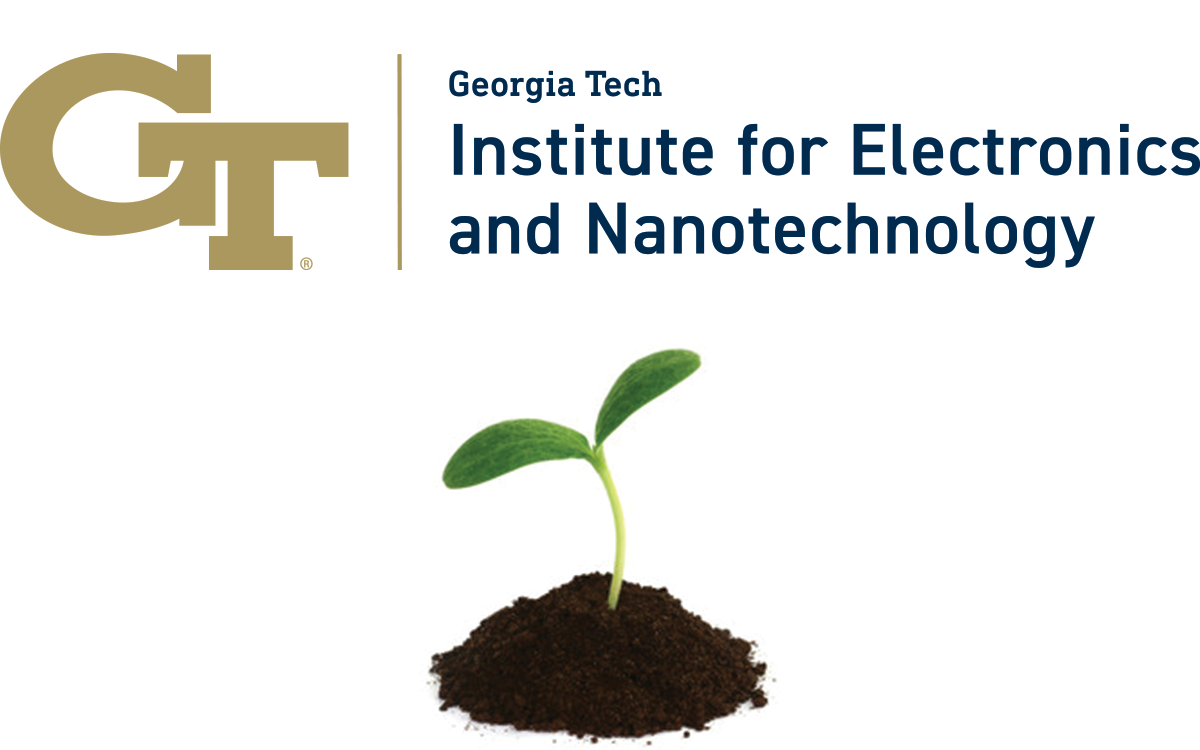Fall 2023 IEN Seed Grant Winners Announced
Nov 30, 2023 —

The Institute for Electronics and Nanotechnology (IEN) at Georgia Tech has announced the Fall 2023 Core Facility Seed Grant winners. The primary purpose of this program is to give early-stage graduate students in diverse disciplines working on original and unfunded research in micro- and nanoscale projects the opportunity to access the most advanced academic cleanroom space in the Southeast. In addition to accessing the labs' high-level fabrication, lithography, and characterization tools, the awardees will have the opportunity to gain proficiency in cleanroom and tool methodology and access the consultation services provided by research staff members in IEN. Seed Grant awardees are also provided travel support to present their research at a scientific conference.
In addition to student research skill development, this biannual grant program gives faculty with novel research topics the ability to develop preliminary data to pursue follow-up funding sources. The Core Facility Seed Grant program is supported by the Southeastern Nanotechnology Infrastructure Corridor (SENIC), a member of the National Science Foundation’s National Nanotechnology Coordinated Infrastructure (NNCI).
Since the start of the grant program in 2014, 90 projects from ten different schools in Georgia Tech’s Colleges of Engineering and Science, as well as the Georgia Tech Research Institute and three other universities, have been seeded.
The four winning projects in this round were awarded IEN cleanroom and lab access time to be used over the next year. In keeping with the interdisciplinary mission of IEN, the projects that will be enabled by the grants include research in electronic devices, geochemistry, bio-inspired design, and solid state physics.
The Fall 2023 IEN Core Facility Seed Grant Award winners are:
Using Zircon (U-Th)/Pb Geochronology to Trace the Source of Himalayan Megafloods
PI: Karl Lang
Student: Srinanda Nath
School of Earth and Atmospheric Sciences
Material Characterization of Keratin-based Barbules with Hygroscopic Coiling-uncoiling Behaviors and Biomimetic Fabrication of Artificial Hygromorphic Barbules
PI: Saad Bhamla
Student: Nami Ha (ME/BioE)
School of Chemical and Biomolecular Engineering
Ultra-high Mobility Semiconducting Graphene Device Fabrication
PI: Claire Berger and Walt de Heer
Student: Will Griffin
School of Physics
Extracting the Effect of Electrode-Ferroelectric Interface on Photovoltaic Efficiency
PI: Lauren Garten
Student: Marshall Frye
School of Materials Science and Engineering
The Southeastern Nanotechnology Infrastructure Corridor, a member of the National Nanotechnology Coordinated Infrastructure, is funded by NSF Grant ECCS-2025462.
Amelia Neumeister





